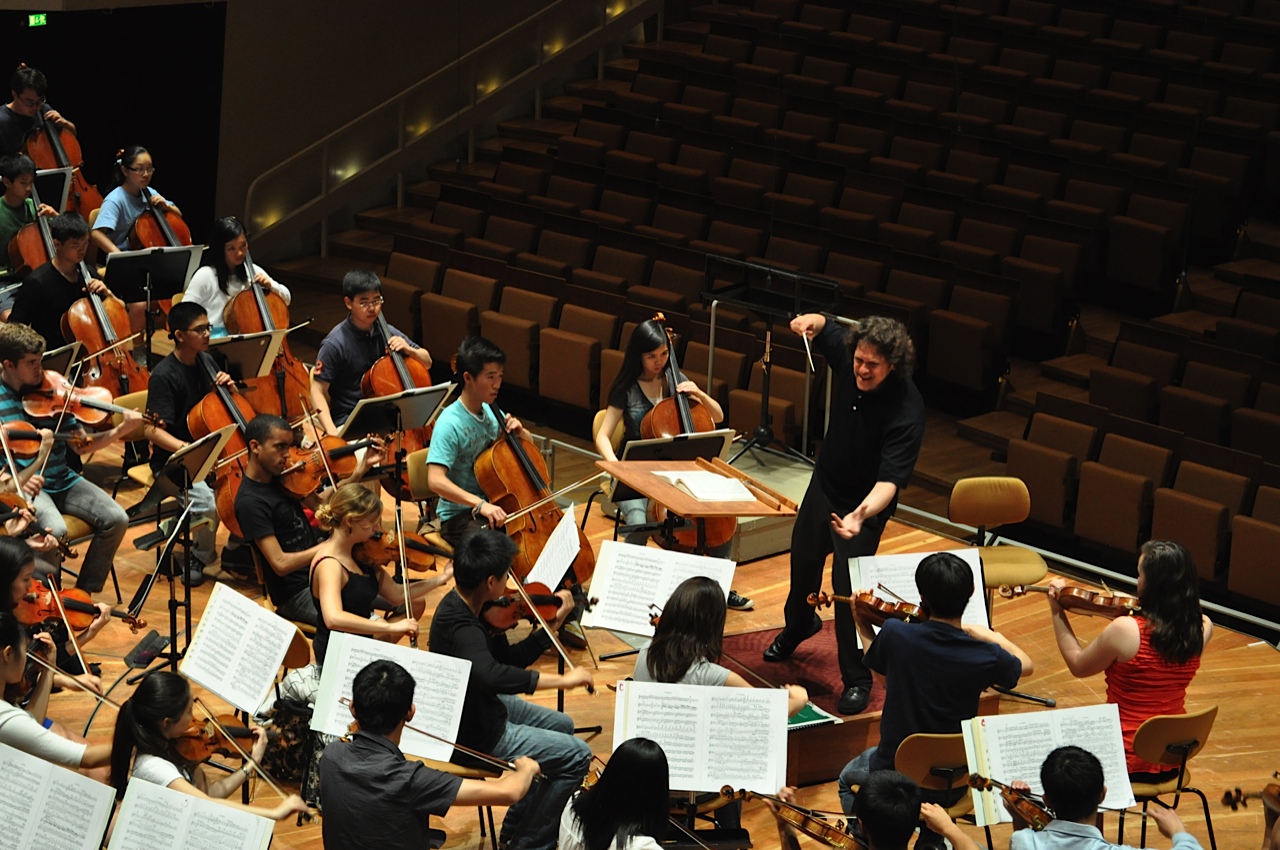By Brian Taylor Goldstein, Esq.
Dear Law and Disorder:
I have a small venue. All 3 licensing companies are claiming I need to pay them for my karaoke and music that occurs weekly, but the bands that I have sign contracts making sure they only play their original music, nothing copyrighted. These companies have been strong-arming me with threats that there’s no such thing as original music anymore and that I must pay or I will be heavily fined. Is this true and, if so, is there blanket licensing that I may acquire for all 3?
Well, if there’s “no such thing as original music anymore”, that’s news to me and, I suspect, the thousands of composers out there!
If you require your bands to perform only original music that they composed themselves, then you do not need to obtain performance licenses from ASCAP, BMI or SESAC. The bands can give you all the permissions you need. However, if the bands breach their contract by “sneaking in” a few covers and performing music written by other bands or artists, then you would be liable for not having the proper performance licenses in place. (The band would be liable, too—for both breach of contract AND copyright infringement—but the performing rights organizations are more likely to go after you than the band.)
The karaoke is another matter. Karaoke machines, like jukeboxes, require licenses to be used in public venues such as yours. If you are featuring weekly karaoke nights, then you definitely must obtain karaoke licenses. The good news, such as it is, is that you can, indeed, obtain blanket karaoke licenses from each of the three performing rights organizations. The licenses will be based on the size and income of your venue.
Thanks for writing…and thanks to all of you who have written in, supported our blog, and asked great questions! Keem ‘em coming! Happy Thanksgiving!
________________________________________________________________
For additional information and resources on this and other  legal and business issues for the performing arts, visit ggartslaw.com
legal and business issues for the performing arts, visit ggartslaw.com
To ask your own question, write to lawanddisorder@musicalamerica.org.
All questions on any topic related to legal and business issues will be welcome. However, please post only general questions or hypotheticals. GG Arts Law reserves the right to alter, edit or, amend questions to focus on specific issues or to avoid names, circumstances, or any information that could be used to identify or embarrass a specific individual or organization. All questions will be posted anonymously.
__________________________________________________________________
THE OFFICIAL DISCLAIMER:
THIS IS NOT LEGAL ADVICE!
The purpose of this blog is to provide general advice and guidance, not legal advice. Please consult with an attorney familiar with your specific circumstances, facts, challenges, medications, psychiatric disorders, past-lives, karmic debt, and anything else that may impact your situation before drawing any conclusions, deciding upon a course of action, sending a nasty email, filing a lawsuit, or doing anything rash!
 -Few professional orchestras enjoy the same degree of artistic adventure as the SFSYO. The orchestra came to Berlin as part of a European tour (June 20-July 6)—its eighth since being founded in 1981—that traveled through three other German cities, Luxemburg, and ended in Salzburg. As the orchestra’s Director of Education Ronald Gallman pointed out, playing on the same stage as the Berlin Philharmonic is already an enormous accomplishment, not to mention a huge boost for the morale. The ensemble, drawing together Bay area musicians aged 12 to 21, exists on a tuition-free basis (thanks to generous sponsorship which also made this year’s tour possible) and receives weekly coaching with members of the San Francisco Symphony as well as yearly sessions with San Francisco Symphony Music Director Michael Tilson Thomas. Guest artists have included Yo-Yo Ma, Sir Simon Rattle, John Adams, and Midori.
-Few professional orchestras enjoy the same degree of artistic adventure as the SFSYO. The orchestra came to Berlin as part of a European tour (June 20-July 6)—its eighth since being founded in 1981—that traveled through three other German cities, Luxemburg, and ended in Salzburg. As the orchestra’s Director of Education Ronald Gallman pointed out, playing on the same stage as the Berlin Philharmonic is already an enormous accomplishment, not to mention a huge boost for the morale. The ensemble, drawing together Bay area musicians aged 12 to 21, exists on a tuition-free basis (thanks to generous sponsorship which also made this year’s tour possible) and receives weekly coaching with members of the San Francisco Symphony as well as yearly sessions with San Francisco Symphony Music Director Michael Tilson Thomas. Guest artists have included Yo-Yo Ma, Sir Simon Rattle, John Adams, and Midori.-Jeff-Bartee.jpg?width=4256&height=2832&ext=.jpg)

